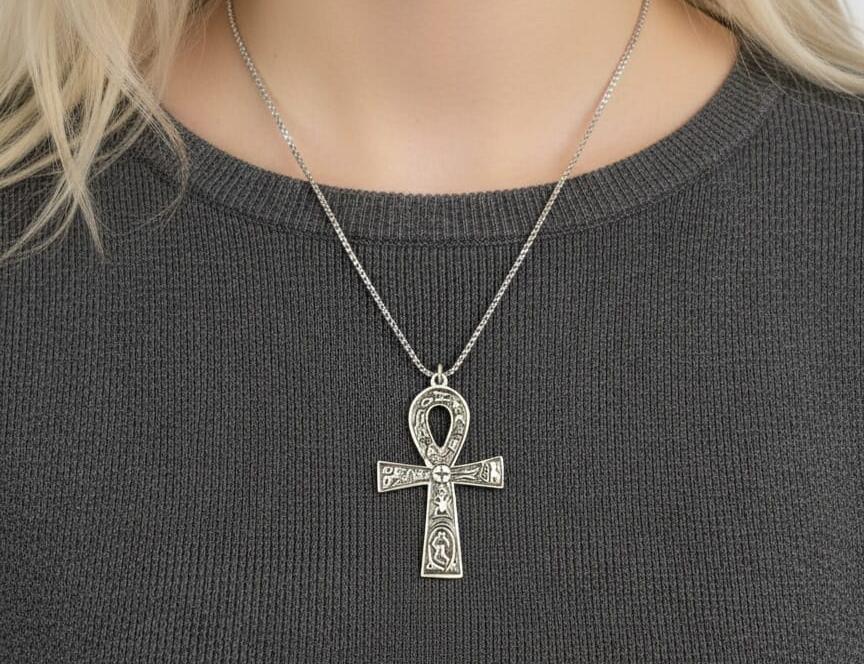Summary
Methodist vs christianity
Methodist vs christianity
A Denominational Comparison
The question “Methodist vs. Christianity” is based on a misunderstanding of religious categorization. Methodism is a denomination within Christianity. Therefore, Methodists are Christians.
This analysis clarifies the relationship and highlights the distinct theological and historical characteristics of Methodism compared to the broader Christian faith, particularly the other major branches.
1. 🔍 Defining the Relationship
Christianity is the overarching religion, defined by adherence to the Nicene Creed and belief in Jesus Christ as the Son of God and Savior.
Christianity is broadly divided into three main branches:
-
Catholicism
-
Eastern Orthodoxy
-
Protestantism (The branch that emerged from the 16th-century Reformation).
Methodism is a distinct, worldwide Protestant denomination. Methodists share the core theological foundations of traditional Christianity but adhere to specific doctrines and practices developed by its founders.
Conclusion: Methodism is a specific expression of the Christian faith.
2. 📜 Historical Roots: The Birth of Methodism
Methodism emerged in the 18th century in England, long after the initial Protestant Reformation.
-
Founders: The movement was founded by John Wesley and his brother Charles Wesley (who wrote many hymns) while they were students at Oxford University.
-
The “Method”: The students formed a small club dedicated to structured, disciplined spiritual growth—studying the Bible, systematic prayer, and social work. Their dedication to a rigorous “method” of study and piety earned them the nickname “Methodists.”
-
Emphasis: John Wesley, an Anglican priest, focused on reaching the masses who were often neglected by the established Church of England, pioneering open-air preaching and establishing small groups known as “classes” and “bands” for spiritual accountability.
-
Separation: Methodism officially separated from the Church of England (Anglicanism) after the American Revolution, becoming a distinct denomination to serve American believers, though the core theological differences had long been established.
3. ⚖️ Theological Distinctions: Methodism vs. Other Christian Views
While Methodism affirms the core Christian doctrines (Trinity, Incarnation, Resurrection, the Bible), its theology—known as Wesleyan-Arminianism—is distinct from the two other dominant Protestant viewpoints: Lutheranism and Calvinism.
| Doctrine | Methodist View (Wesleyan-Arminian) | Calvinist View (Reformed) |
| Salvation (Soteriology) | Conditional and Universal: Christ died for all people. Salvation is achieved through human faith cooperating with God’s grace. | Unconditional and Limited: Christ died only for the Elect (Limited Atonement). God chooses who is saved (Predestination). |
| Free Will | Affirmed: Humans have free will to choose or reject God’s salvation, enabled by Prevenient Grace (God’s grace extended to all to allow for a choice). | Denied (Total Depravity): Humans are unable to choose God without being regenerated first. |
| Sanctification | Perfectionism: Belief that believers can strive toward and even achieve a state of Christian Perfection (perfect love for God and neighbor) in this lifetime. | Continuous Growth: Sanctification is a process of growth toward holiness, but perfection is unattainable on earth. |
| Authority | Scripture and Reason: Uses Scripture as the primary authority, interpreted through Tradition, Reason, and Experience (the Wesleyan Quadrilateral). | Scripture Alone (Sola Scriptura) is the only infallible rule of faith. |
4. 📇 Practice and Polity
Methodism developed unique structures to support its focus on personal and social holiness:
-
Social Justice: Methodism has a historically strong commitment to Social Holiness or Social Gospel, applying faith to societal issues such as poverty, education, and abolition (the “Methodist movement” was famously anti-slavery).
-
Worship Style: Generally uses a liturgical structure (following the Church year and a set order of worship, drawing from Anglican roots) but often incorporates enthusiastic singing and emotional preaching.
-
Polity (Government): Organized under an Episcopal structure (governed by Bishops), but also relies heavily on an intricate system of committees, conferences, and lay leadership, giving lay members significant authority.
-
Sacraments: Recognizes two sacraments (or ordinances), aligning with most of Protestantism: Baptism (practicing infant and adult baptism) and Holy Communion (believing in the Real Presence of Christ, but typically rejecting the Catholic doctrine of Transubstantiation).





